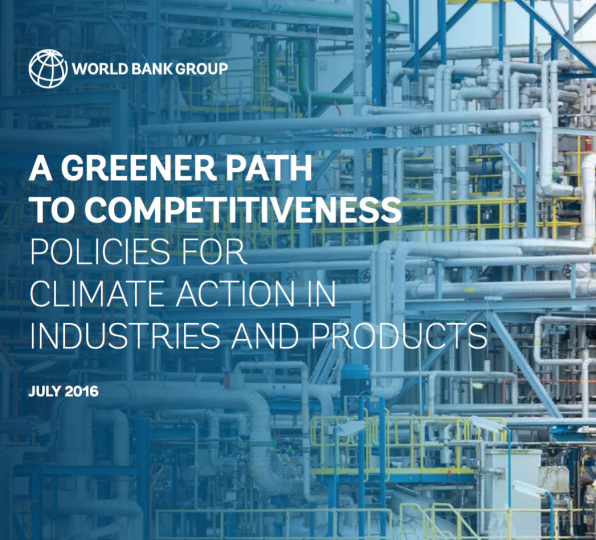The ninth Sustainable Development Goal advises countries to build resilient infrastructure, promote inclusive and sustainable industrialization and foster innovation. Industry has historically been one of the most important pillars of economic and social development, but traditional resource-intensive and heavily polluting production is no longer sustainable in the face of climate change.
If the path of industrial growth is not redirected immediately and effectively, reaching the target set in the 2015 Paris Agreement to avoid dangerous climate change by limiting global warming to well below two degrees celsius, will become unrealizable. The good news is that recent practices demonstrate how industry could be a big part of the solution for climate mitigation and inclusive, sustainable development. The unprecedented task presented in Paris, to decarbonize, globally introduces challenges but also enormous opportunities for industries as they seek a greener path to production while remaining globally competitive.
This report helps chart that path to industrial competitiveness through policy and technology interventions that improve industrial operations. At the same time it explores ways that industrial products can become greener through public standards while companies and countries maintain, and even increase, competitiveness. The information is directed toward government leaders, policy makers, and multilateral institutions in the fields of energy, climate mitigation, and sustainable development. The report’s recommendations to policy makers are based on comprehensive case studies and quantitative and qualitative analyses.
Author: Kechichian, Etienne Raffi; Pantelias, Alexios; Reeves, Ari; Henley, Guy; Liu, Jiemei
Source: The World Bank




